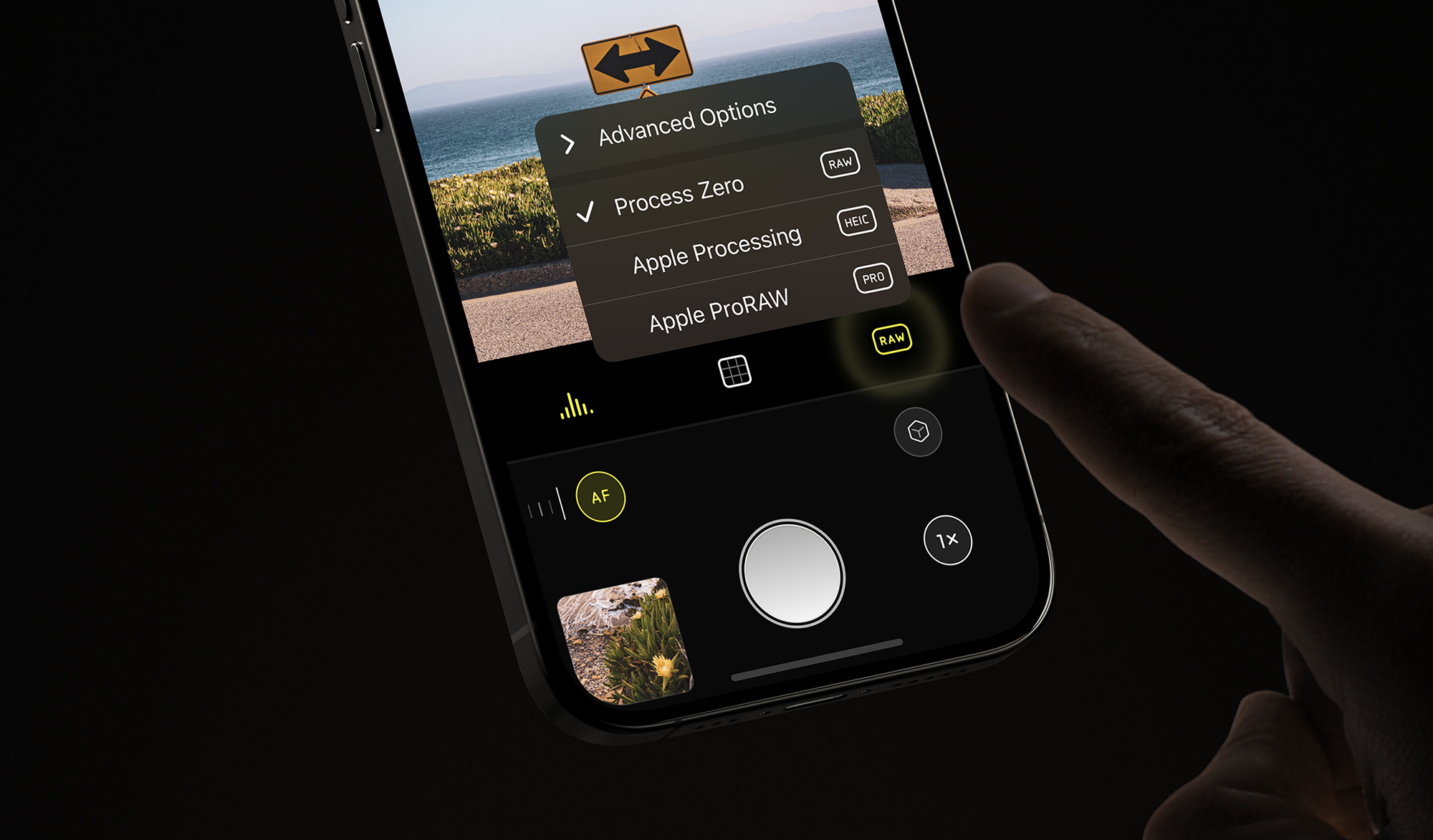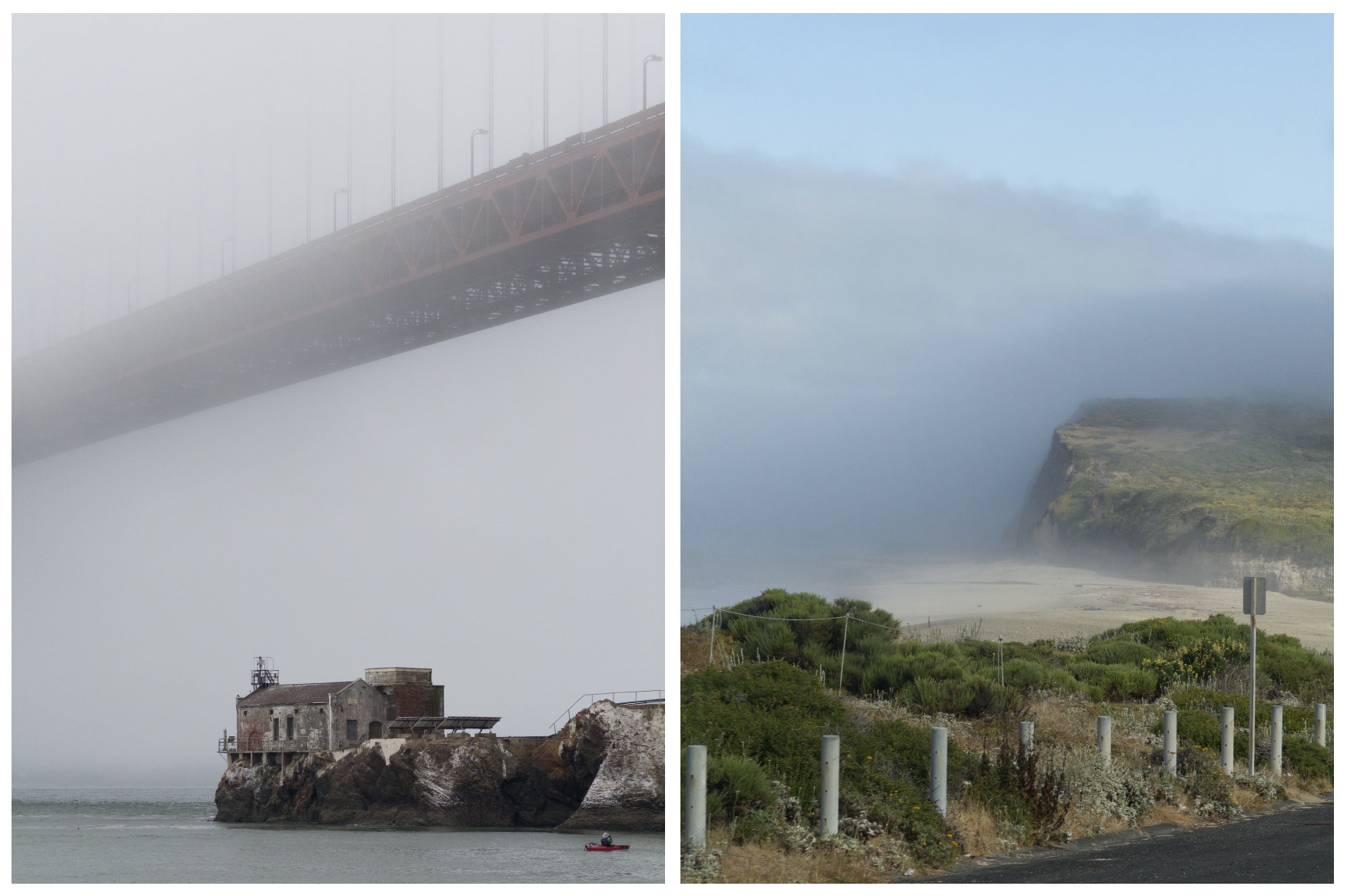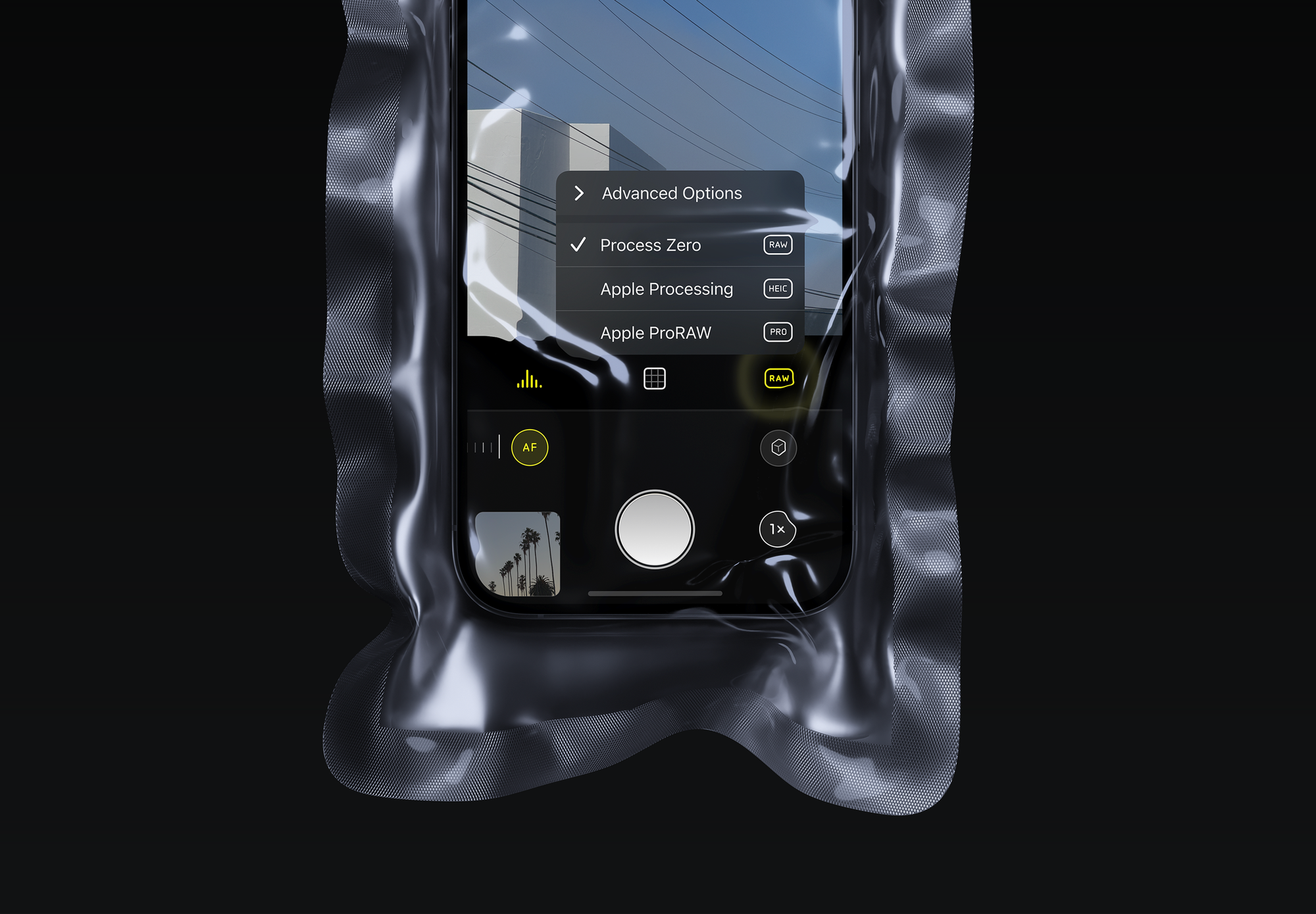'Anti-intelligent' iPhone camera app could cure your AI photo woes
Halide's Process Zero wants to turn your iPhone into a classic camera.

While iPhone cameras have become increasingly powerful over the last decade, growing from a single lens to three, there are some who find the on-device processing a little invasive. There's little you can do to avoid the computational editing that Apple implements automatically, such as brightening – but one of the most popular iPhone photography apps wants to bring things back to basics.
Described as "The Anti-intelligent" camera, Halide's new Process Zero uses no AI and no computational photography to capture images. In short, it turns your iPhone into the most basic of cameras – one that captures light and does little else. But how can the best camera phones perform without all their fancy on-device editing?
Today, we are launching something unlike any tech product in 2024: a product that uses zero AI and zero computational photography to produce natural, film-like photos. We call it Process Zero. pic.twitter.com/P0eG6IiOxDAugust 14, 2024
"Process Zero is a new mode in Halide that skips over the standard iPhone image processing system. It produces photos with more detail and allows the photographer greater control over lighting and exposure. This is not a photo filter— it really develops photos at the raw, sensor-data level," announces Lux, the team behind Halide. "Just like film, Process Zero photos come with (digital) negatives, affording incredible control to change exposure after the fact. Much like film, it has grain. It works best in daytime or mixed lighting, rather than nighttime shots."

The feature, which the team says has been "years in the making", is available for every iPhone that runs Halide and iOS 17 – it isn't limited to 'Pro' devices. One of the most welcome visual additions it brings is noise. "The iPhone's image processing pipeline doesn't like noise at all," Lux explains. "Noise reduction is just one of those things that gives iPhone photos their look. Because Halide was built on top of the system processing, we had to come along for the ride. So our love of noise sent us down the path of building our own process."

Whereas standard iPhone photos are these days made up of multiple images stitched together in an attempt to take the best parts of each, Process Zero takes just one shot. This means there's lots of room for imperfection, such as under or over-exposure. But as any experienced photographers knows, this isn't necessarily a bad thing – when an algorithm smoothes out imperfections, the user has much less control over the final image.
I have been sooooo frustrated with the heavily processed look out of the default camera app lately. This is fantastic. https://t.co/HKhr5UPSbxAugust 14, 2024
The look coming out of Process Zero @halidecamera photos is Chef’s Kiss 🤌🏼 pic.twitter.com/ux7cJM2U8qAugust 15, 2024
Process Zero is already proving a hit with mobile photographers online (above). As one X user aptly puts it, "Another clear sign that the air is leaking out of the AI bubble is companies recognising that having their products use “zero AI” is a selling point," (although we're not sure the AI bubble is bursting just yet).
Get the Creative Bloq Newsletter
Daily design news, reviews, how-tos and more, as picked by the editors.

Thank you for reading 5 articles this month* Join now for unlimited access
Enjoy your first month for just £1 / $1 / €1
*Read 5 free articles per month without a subscription

Join now for unlimited access
Try first month for just £1 / $1 / €1

Daniel John is Design Editor at Creative Bloq. He reports on the worlds of design, branding and lifestyle tech, and has covered several industry events including Milan Design Week, OFFF Barcelona and Adobe Max in Los Angeles. He has interviewed leaders and designers at brands including Apple, Microsoft and Adobe. Daniel's debut book of short stories and poems was published in 2018, and his comedy newsletter is a Substack Bestseller.
